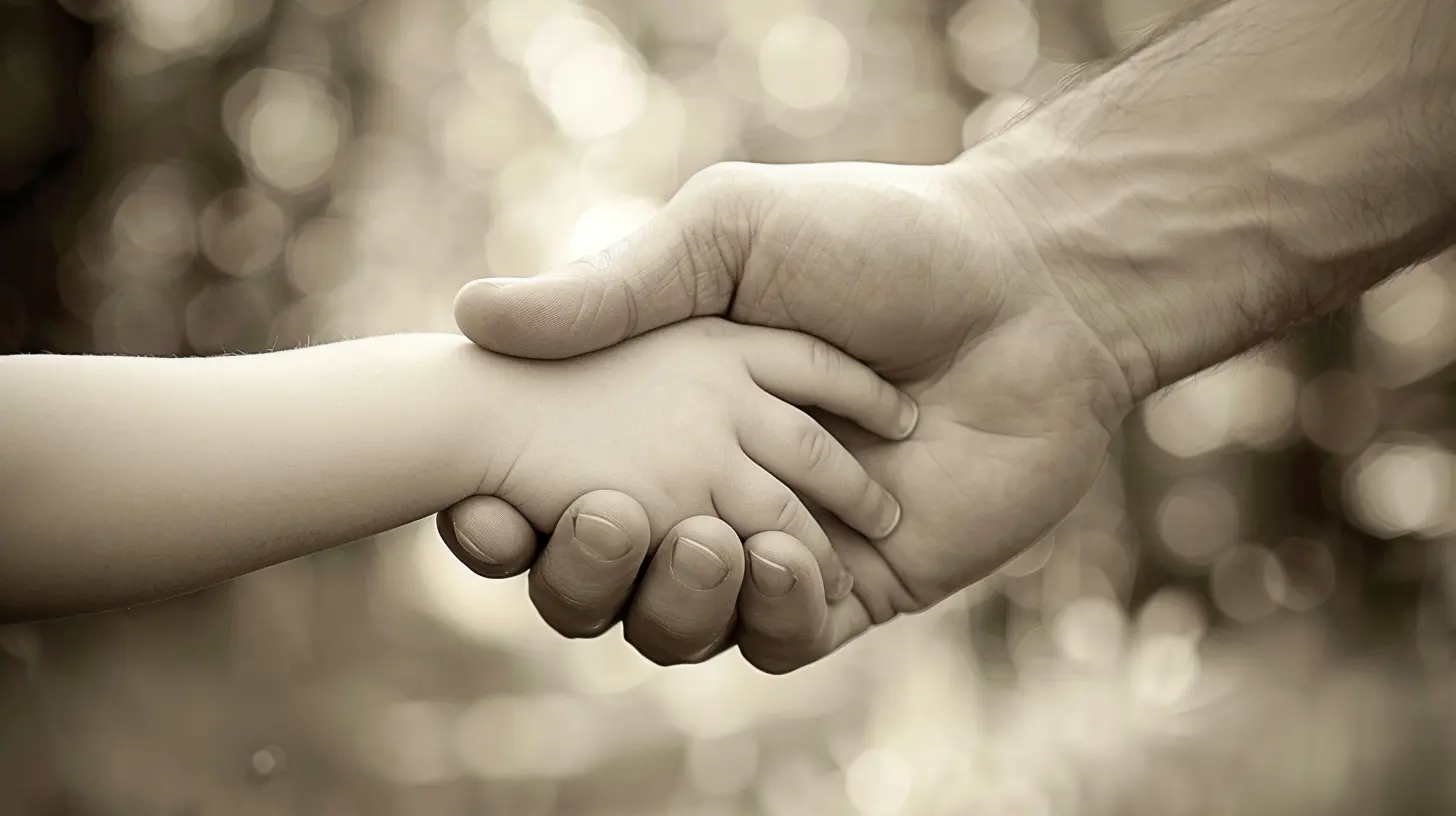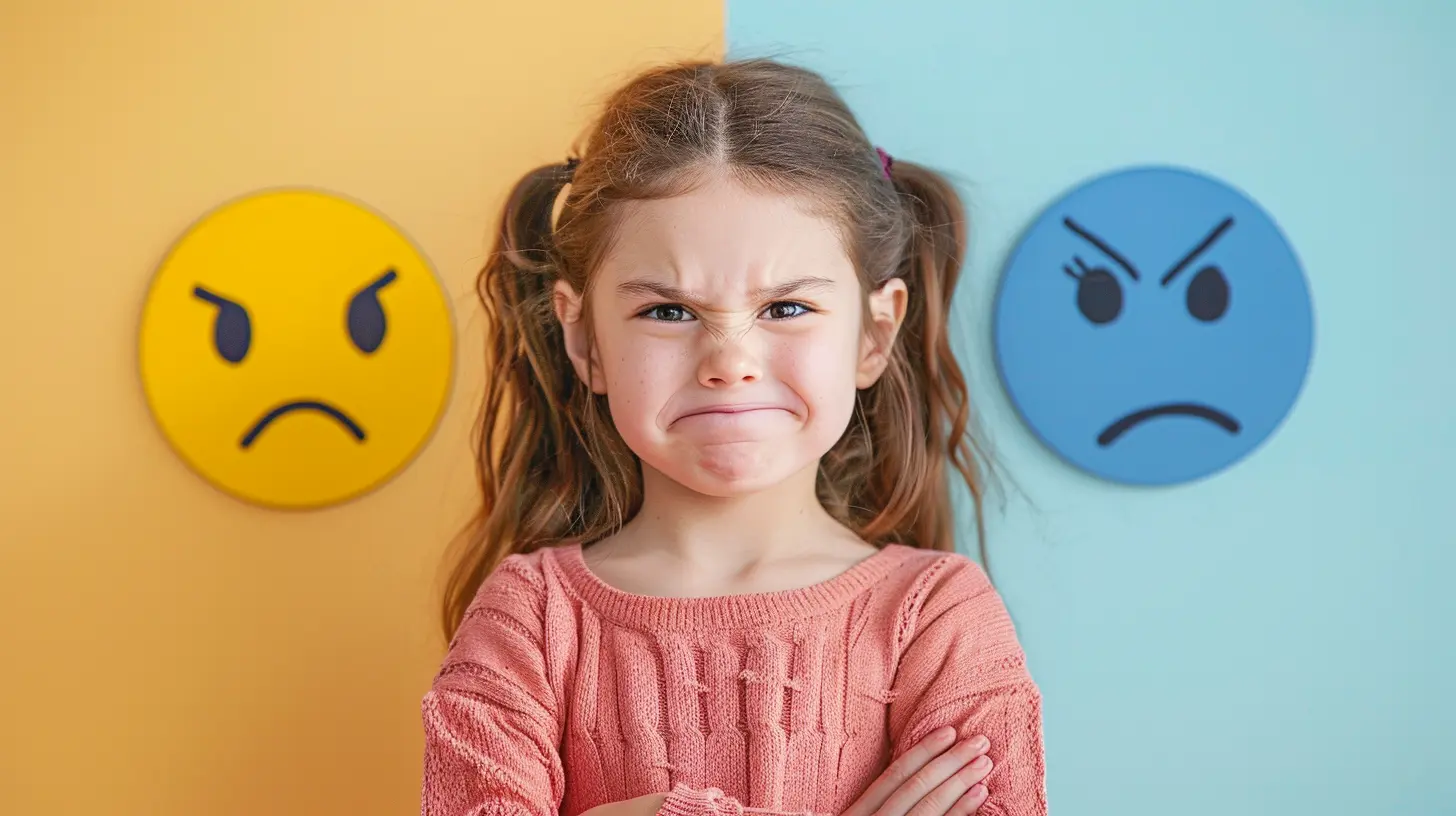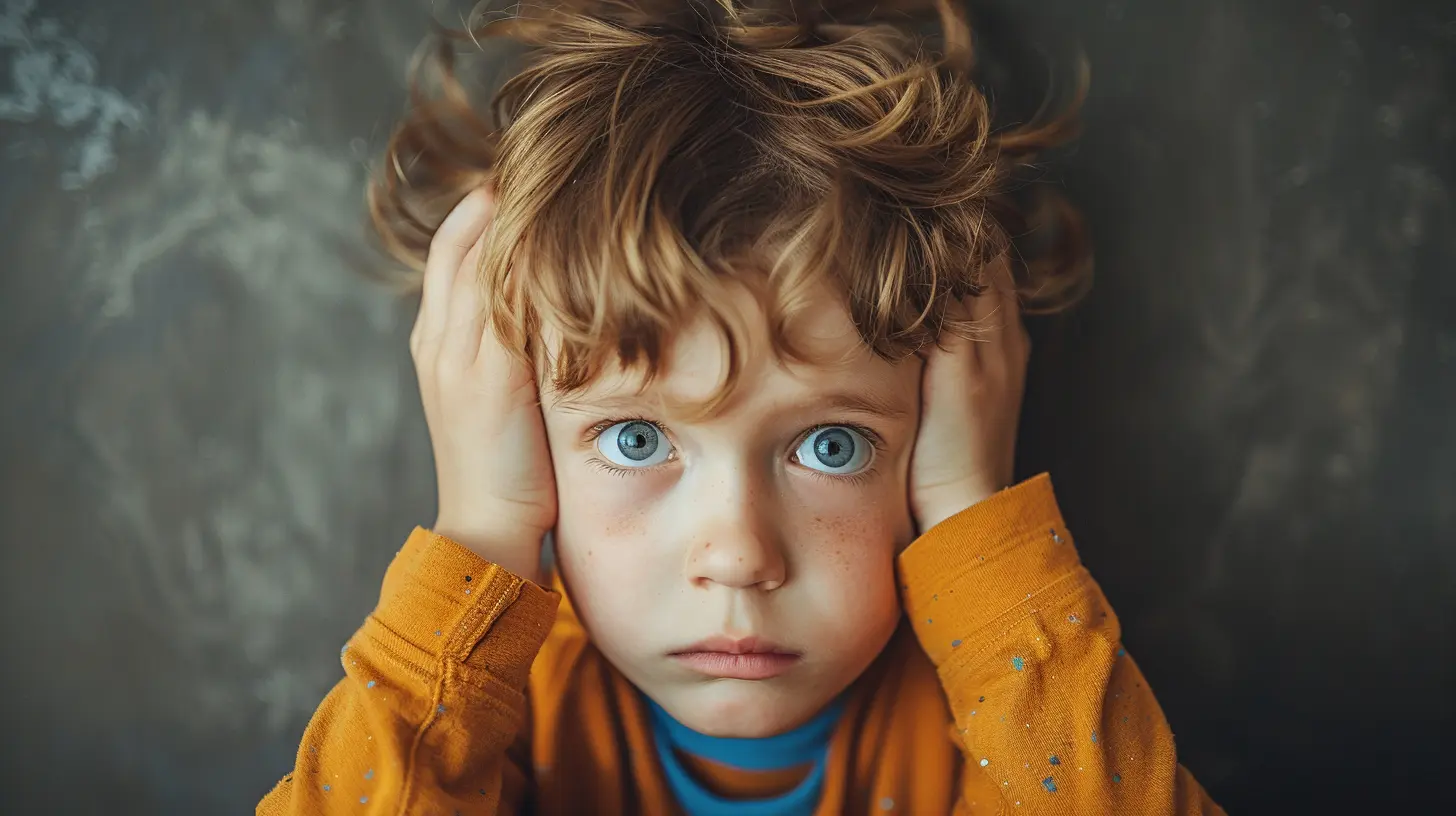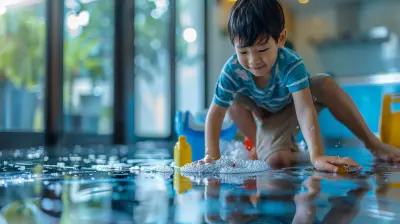13 April 2025
Parenting is a journey filled with love, learning, and the occasional emotional rollercoaster. As parents, one of our most crucial roles is helping our children understand and manage their emotions in a healthy way. But how do we do that effectively? Attachment parenting offers a compassionate, nurturing approach that fosters emotional intelligence and deepens the parent-child bond.
In this article, we'll dive into how attachment parenting can help your child navigate their emotions confidently and securely. From understanding their big feelings to teaching self-regulation, let's explore strategies that make parenting more connected and fulfilling. 
What is Attachment Parenting?
Attachment parenting is centered around building a strong emotional bond between parents and children. It focuses on empathy, responsiveness, and closeness to develop trust and security. This approach encourages parents to be attuned to their child’s needs, creating a foundation that fosters resilience and emotional intelligence.This parenting style is built on principles like:
- Responding sensitively to your child’s emotions
- Establishing trust through physical and emotional closeness
- Encouraging secure attachment through consistent support
- Building a safe environment where emotions are acknowledged and validated
Understanding and managing emotions is a crucial life skill. By using attachment parenting strategies, you can help your child process their emotions in a calm, supportive environment. 
Why Teaching Emotional Regulation Matters
Children experience emotions intensely but often lack the skills to express them appropriately. When they feel overwhelmed, they may resort to tantrums, outbursts, or withdrawal. As parents, our role isn’t just to calm them down—it’s to teach them how to understand and regulate their emotions.Emotional regulation helps children:
✅ Manage frustration without meltdowns
✅ Communicate their feelings effectively
✅ Build empathy and understanding for others
✅ Develop resilience to handle life’s challenges
When children feel emotionally secure, they’re better equipped to face the world with confidence and self-assurance. 
Attachment Parenting Strategies to Help Your Child Navigate Emotions
Now that we understand why emotional intelligence is important, let’s explore practical strategies rooted in attachment parenting to support your child’s emotional growth.1. Respond with Empathy and Validation
When your child is upset, they don’t need immediate solutions—they need to feel heard. Imagine you’ve had a rough day, and instead of someone acknowledging your feelings, they give you advice you didn’t ask for. Frustrating, right? Kids feel the same way.Instead of dismissing their emotions, validate them:
🔹 Instead of “Stop crying, it’s not a big deal,” try:
👉 “I see you’re really upset right now. That must be hard.”
🔹 Instead of “You’re fine, don’t worry,” try:
👉 “It’s okay to feel scared. I’m here with you.”
Validating their feelings reassures them that emotions—both big and small—are normal and safe to express.
2. Use Gentle Discipline Instead of Punishment
Traditional discipline often focuses on punishment, which can actually increase fear and anxiety around emotions. Attachment parenting encourages gentle discipline, which focuses on guidance, understanding, and connection.🔸 Set clear, loving boundaries: Instead of scolding, redirect their behavior with understanding. Example: “I see you’re angry. It’s okay to be mad, but we don’t hit. Let’s take deep breaths together.”
🔸 Teach through connection: If your child throws a tantrum, get down to their eye level and calmly guide them through their emotions rather than isolating them in a timeout.
Helping your child regulate their emotions is about teaching, not punishing.
3. Encourage Emotional Expression Through Words
Sometimes, kids act out simply because they don’t know how to express themselves. They might scream, hit, or throw things because they lack the words to describe what they feel.You can help by giving them the language they need.
🔹 If your child is frustrated, say: “It looks like you’re feeling really frustrated. Can you tell me what’s wrong?”
🔹 If they’re sad, help them put it into words: “Are you feeling disappointed because you didn’t get to play longer?”
Over time, they’ll start using these words themselves instead of reacting impulsively with tantrums or aggression.
4. Stay Physically and Emotionally Connected
Physical and emotional closeness reassures children that they’re not alone in their feelings. Simple, warm gestures can provide immense comfort during emotional distress.Some effective ways to stay connected include:
💛 Hugs and cuddles when they feel overwhelmed
💛 Holding their hand while they talk about their emotions
💛 Sitting beside them quietly when they’re upset
💛 Offering a comforting object, like their favorite stuffed animal or blanket
This physical closeness reinforces security and strengthens the parent-child bond.
5. Model Healthy Emotional Regulation
Children learn by watching us. If we want them to manage emotions well, we need to model those behaviors ourselves. That means handling our own frustrations, stress, and anger in a healthy way.Instead of snapping when you're upset, try:
🔹 Taking deep breaths and saying, “I’m feeling frustrated, so I need a moment to calm down.”
🔹 Expressing your feelings clearly: “Mommy is feeling really tired right now, so I need a little quiet time.”
Showing them how to handle emotions calmly teaches them valuable coping skills through example.
6. Create a Safe Space for Emotional Processing
Kids need a place where they feel safe to express emotions without fear of being judged or dismissed.Try setting up a "Cozy Corner" or "Feelings Spot"—a space with pillows, blankets, and calming toys where your child can relax when their emotions feel overwhelming.
Encourage them to use this space when they feel:
☁️ Angry
☁️ Sad
☁️ Overstimulated
☁️ Frustrated
Having a designated place for emotional regulation helps children develop a self-soothing routine.
7. Practice Mindfulness and Deep Breathing Together
Helping your child slow down and breathe during big emotions can work wonders. Simple mindfulness techniques like deep breathing, stretching, or guided imagery can calm their nervous system.Here’s a fun breathing exercise:
🌿 "Smell the Flower, Blow Out the Candle" 🌿
- Take a deep breath in through your nose (smelling a flower).
- Slowly blow the air out through your mouth (like blowing out a candle).
Practicing mindfulness together makes it feel more natural for them to use these techniques when they need emotional regulation. 
The Long-Term Benefits of Attachment Parenting for Emotional Growth
When children feel heard, supported, and emotionally secure, they grow up with:✅ Stronger emotional intelligence – They can recognize and name their feelings.
✅ Better self-regulation – They understand how to process emotions without reacting impulsively.
✅ Stronger parent-child bonds – They feel safe coming to you for support.
✅ More empathy and compassion – They learn to respect and acknowledge others’ feelings.
By fostering a secure attachment and creating a nurturing environment, you’re giving your child lifelong emotional skills that will benefit them far beyond childhood.
Final Thoughts
Helping your child navigate emotions doesn’t mean eliminating meltdowns or stopping sadness—it means guiding them through feelings with compassion, patience, and love. Attachment parenting provides the tools to build strong emotional connections, helping kids feel secure enough to express their emotions in a healthy way.At the end of the day, it’s not about being a perfect parent—it’s about showing up consistently with warmth, understanding, and support. So, the next time your child faces big emotions, remember: your presence and empathy are the greatest gifts you can offer.




Dylan Phelps
What a wonderful article! 🌟 Embracing attachment parenting not only nurtures our children's emotional well-being but also strengthens our bond with them. Your tips on guiding little ones through their feelings are so insightful and practical! Here's to raising emotionally intelligent and happy kids together! 💖
April 16, 2025 at 3:55 AM